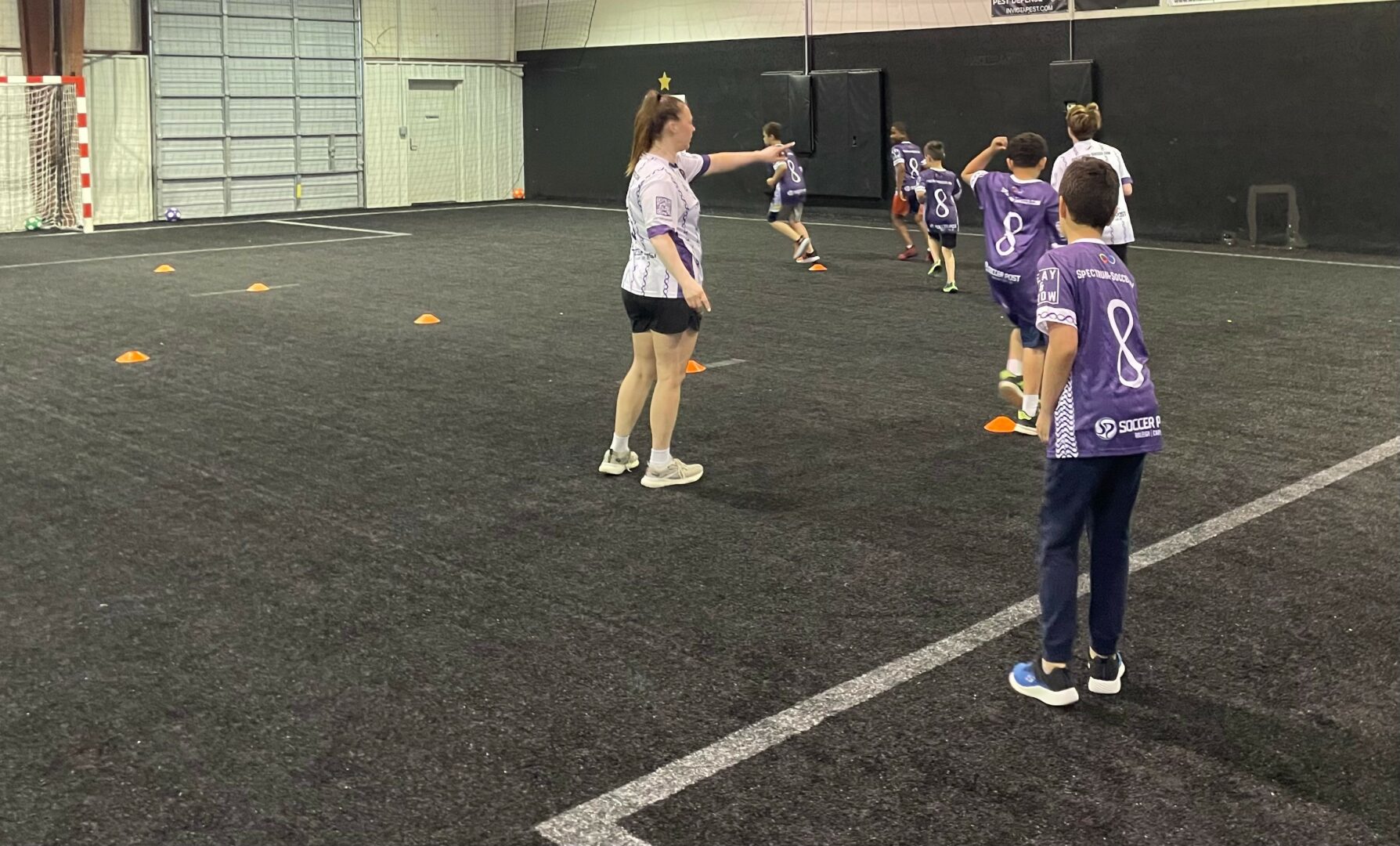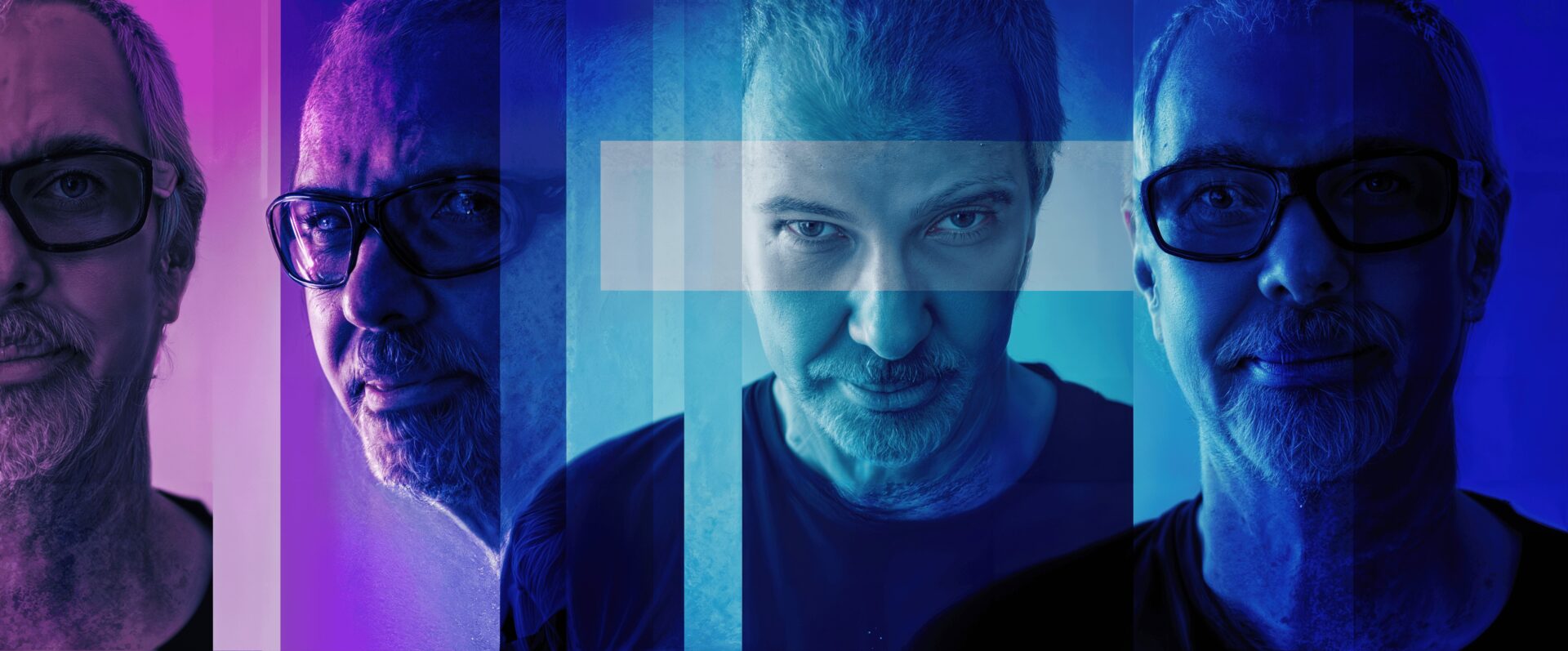Alright – so today we’ve got the honor of introducing you to Kelly Fisher. We think you’ll enjoy our conversation, we’ve shared it below.
Kelly, first a big thank you for taking the time to share your thoughts and insights with us today. I’m sure many of our readers will benefit from your wisdom, and one of the areas where we think your insight might be most helpful is related to imposter syndrome. Imposter syndrome is holding so many people back from reaching their true and highest potential and so we’d love to hear about your journey and how you overcame imposter syndrome.
I’ve never truly felt like I belonged at the table. That quiet voice of imposter syndrome followed me everywhere—whispering doubts, making me question my worth. But one quote changed everything for me: “In business, no one knows what they are doing—but it’s the ones who stay consistent and figure it out that are successful.” It reframed everything. Success isn’t about always knowing; it’s about staying in the room long enough to learn, adapt, and grow. That’s when I realized: I didn’t need to have all the answers to belong—I just needed the courage to keep going.
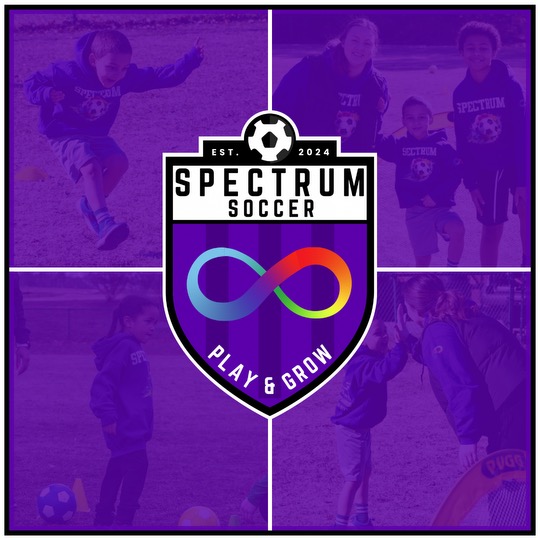
Great, so let’s take a few minutes and cover your story. What should folks know about you and what you do?
What started as a small passion project for me has really grown into something much bigger than I ever imagined. We’ve recently made the shift to operating fully as a nonprofit, which was a huge step for us. It reflects how committed we are to making the program as accessible and impactful as possible for neurodiverse kids and their families.
What makes Spectrum Soccer different is that it’s not just about teaching soccer. It’s about creating a space where kids feel safe, supported, and celebrated. We design every session to be sensory-friendly, flexible, and really focused on connection over competition. It’s such a joy to see kids build confidence, make friends, and just have fun being themselves.
One of the things I’m really excited about right now is our new jersey. It’s more than just a uniform—it’s something we put a lot of thought into. It’s designed with the future in mind to last as long as the program and includes the neurodiversity symbol woven throughout the pattern in different ways. It’s a small but meaningful way we highlight the beauty of individuality and inclusion. We’re proud that the jersey was created by Soccer Post, a local soccer shop that has been a major player in supporting and helping the program grow. Their partnership means a lot to us and the community we serve.
We’ve also moved into a local indoor facility, Quadra Soccer, which has been a game changer for consistency. This allows us to run our programs year-round without worrying about the weather.
Looking ahead, we’re really focused on securing funding so we can offer the program at little to no cost for families. We’re also working on expanding our programming and building more community partnerships to reach even more kids.
There’s a lot of work ahead, but it feels like we’re just getting started—and I’m so excited for what’s next.
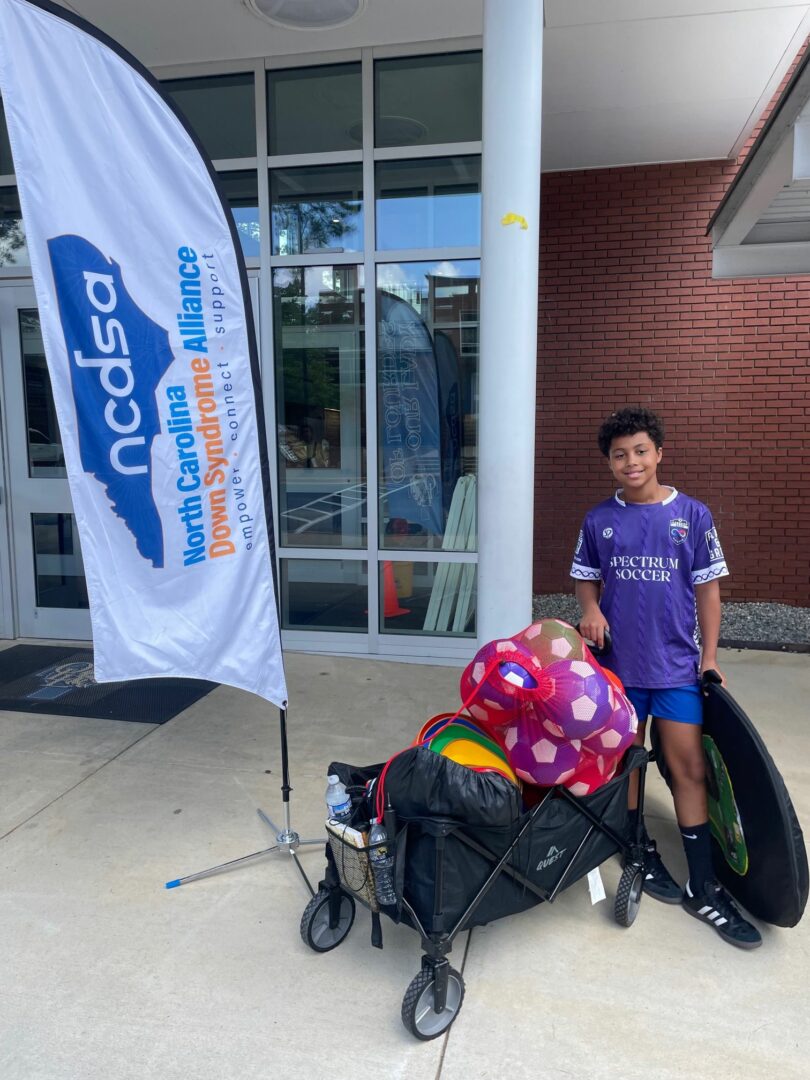
If you had to pick three qualities that are most important to develop, which three would you say matter most?
Looking back, three qualities really stand out as being crucial in my journey:
1. Resilience: There were plenty of moments where things felt uncertain or overwhelming, especially starting something new and trying to build a community around a need that wasn’t always recognized. Learning to keep going, even when the path isn’t clear, was key.
2. Curiosity and Willingness to Learn: I didn’t have all the answers—and I still don’t! Being open to feedback, learning from others, and constantly adapting helped me grow both personally and professionally.
3. Not Being Afraid to Fail: Failure is part of the process. It’s okay to make mistakes or take risks that don’t pan out. What matters is what you learn and how you use those experiences to move forward.
For folks early in their journey, my advice is:
Build resilience by embracing challenges as opportunities to learn rather than setbacks. It’s okay to feel uncertain—that’s part of growth.
Stay curious and open. Seek out mentors, listen deeply, and don’t be afraid to pivot when needed.
Don’t be afraid to fail. Take risks, try new things, and see failures as stepping stones rather than roadblocks.
No one has it all figured out at the start. The most important thing is to stay engaged, keep learning, and hold onto your why.
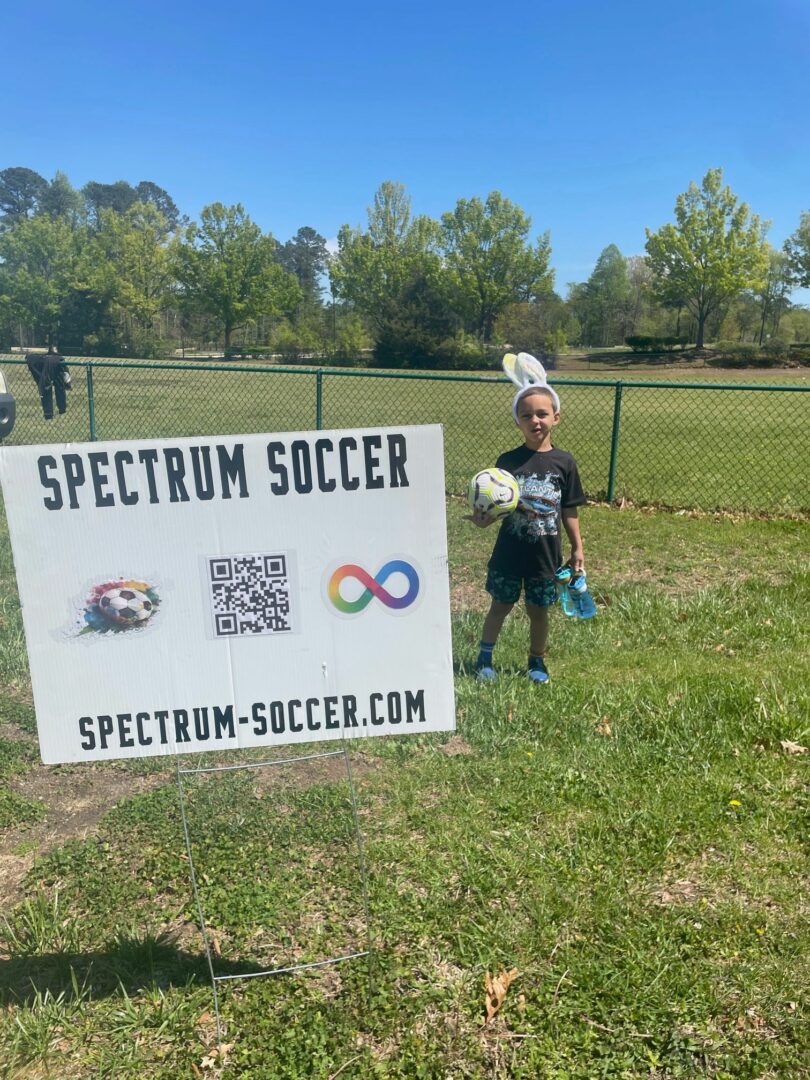
What is the number one obstacle or challenge you are currently facing and what are you doing to try to resolve or overcome this challenge?
The number one challenge we’re facing right now is the increased operational costs since moving to an indoor facility—it’s about three times more expensive to run our program indoors. Meanwhile, we’ve kept registration fees largely the same to keep the program accessible, and we maintain small class sizes capped at 10 kids to ensure quality and safety. This has created a significant financial strain.
On top of that, there are currently no paid roles in our organization—everyone who helps run the program graciously volunteers their time, and we couldn’t be more appreciative of their dedication and support.
To help offset some of the costs, one of our goals is to sell enough jerseys to directly support the program’s sustainability. The jersey isn’t just meaningful in design—it’s also a way for people to show their support and help us continue offering this experience to more kids.
To tackle these challenges, we’re focused on securing new funding sources through grants, sponsors, and community support. We’re also looking for ways to optimize our budget without compromising the experience and support we provide to our players. It’s a balancing act, but we’re committed to making it work because this program means so much to the families we serve.
Contact Info:
- Website: https://Spectrum-Soccer.com
- Instagram: spectrum_soccer
- Facebook: https://www.facebook.com/profile.php?id=61560500751622
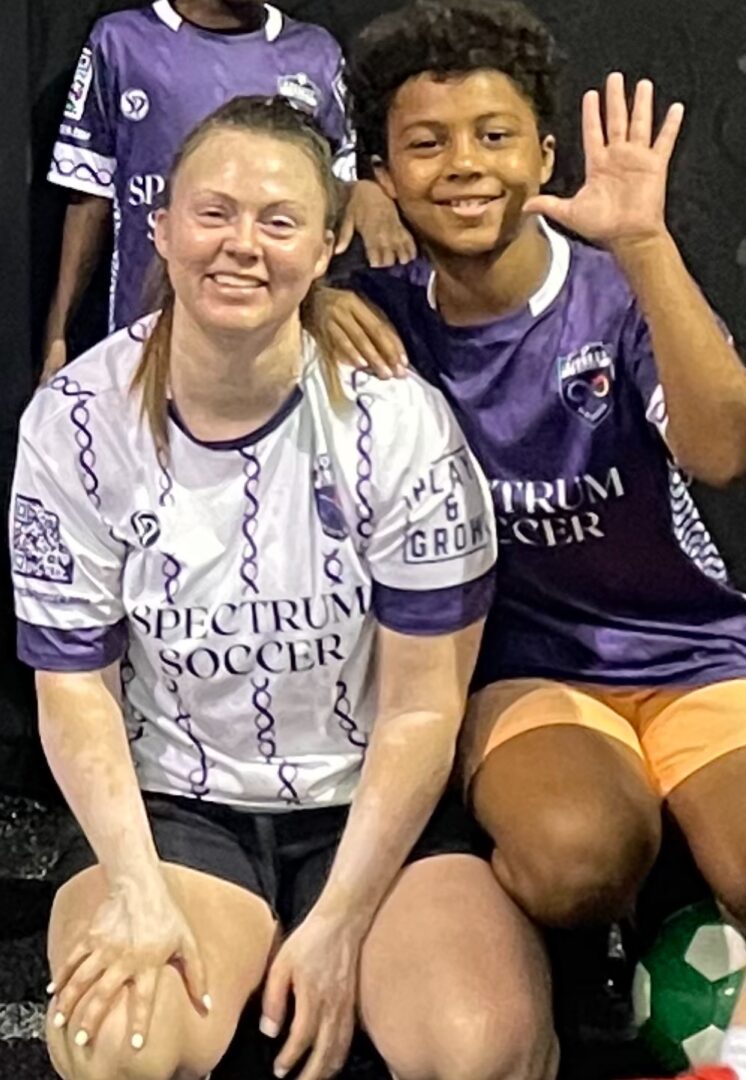
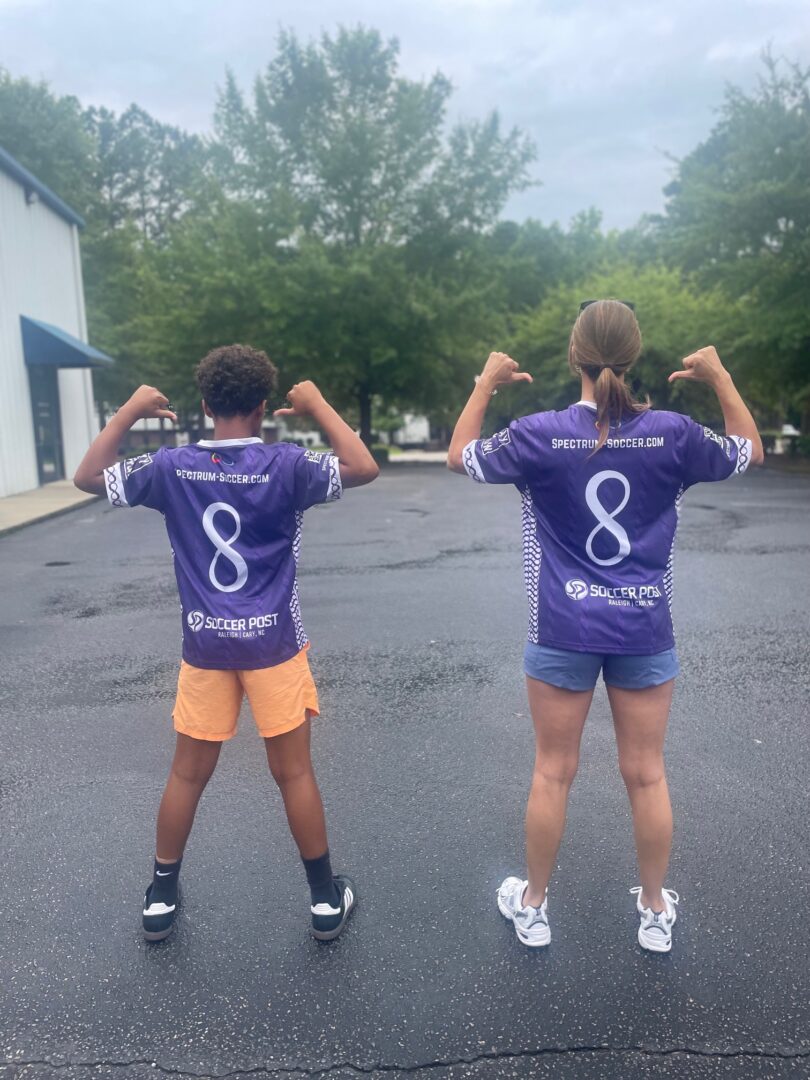
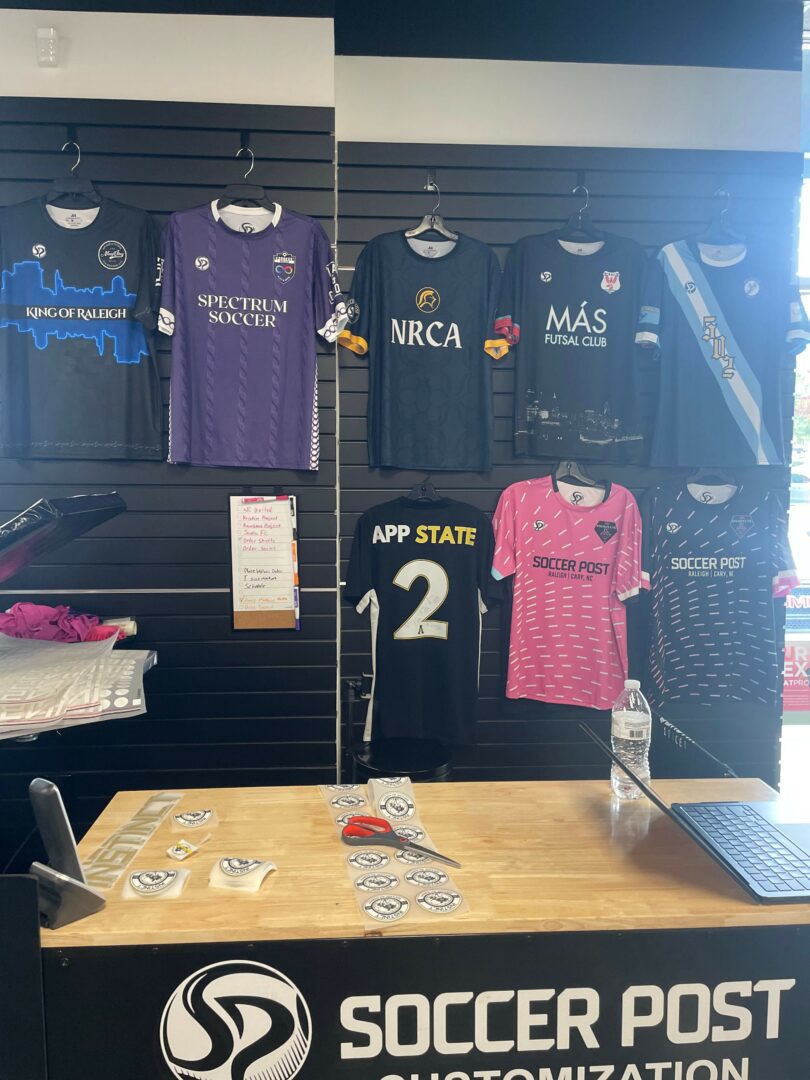
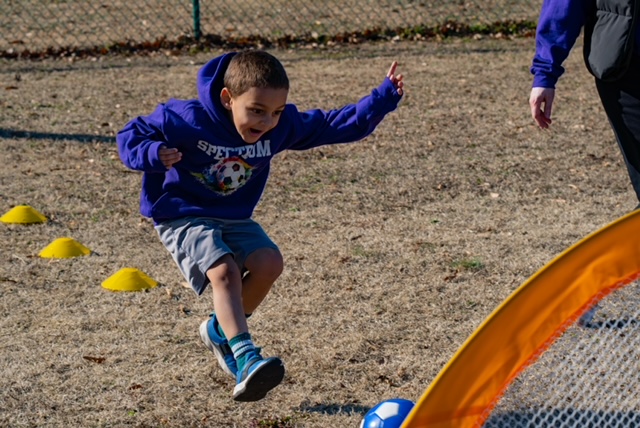
Image Credits
Patrick Bullock
so if you or someone you know deserves recognition please let us know here.

